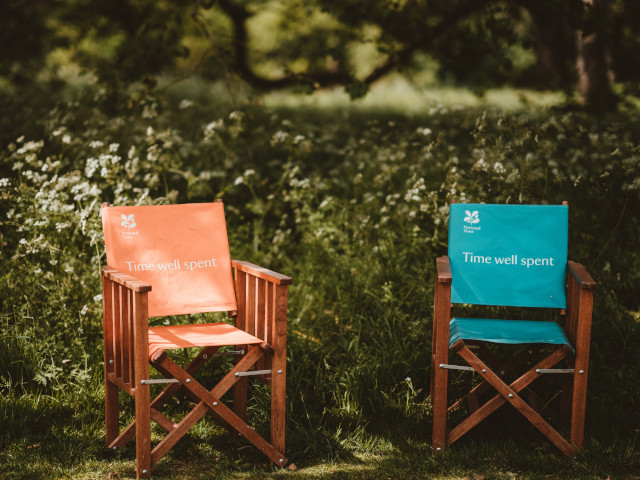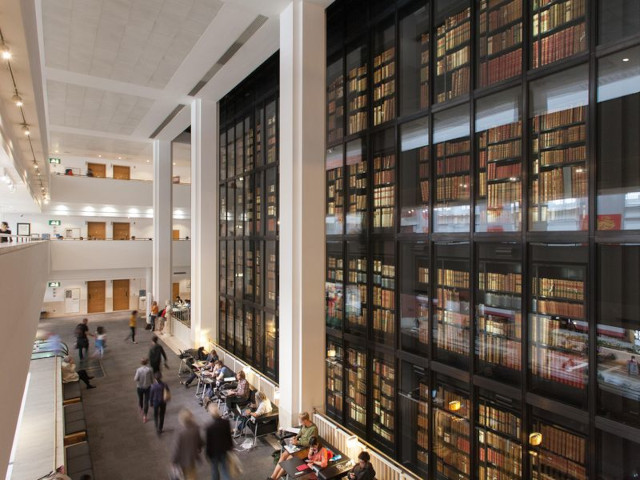PhD Placements and Creative Residencies
Knowledge Exchange (KE) between arts and humanities research and non-academic sectors is at the heart of our doctoral training programme. Through collaborative work across sectors, PGR placements explore how the Humanities contributes to cultural engagement, tackles pressing social issues, and generates real-world impact.
Enhance your PhD experience with a Knowledge Exchange Placement
A Knowledge Exchange (KE) Placement is a brilliant way to enrich your PhD journey. These placements give you the chance to collaborate with a non-academic organisation on a short-term project, while developing new skills, expanding your professional network, and exploring how your research interests connect with wider society.
You’ll work with a partner organisation on a project of mutual interest and benefit for up to 3 months full-time (or part-time equivalent). The project must be separate from your PhD thesis, but can still align with your broader academic interests.
What’s involved?
Placements can be arranged on a full-time, part-time, or block basis. Researchers receive funding equivalent to the UKRI stipend rate for the duration of the placement. Additional support for travel and accommodation is available if these costs are not covered by the host organisation.
There are several ways to take part in a placement:
- Researcher-led: Propose your own project with a chosen partner organisation at any time, and co-design a placement together.
- Partner-led: Respond to advertised opportunities from partner organisations.
- External national/international schemes: Apply to national or international placement schemes open to doctoral researchers.
Support is available throughout the process, from preparing your application to completing the placement and sharing outcomes. Full application guidance is available in the Placements Guidance Document.
Why take part?
KE placements help you build transferable skills, gain fresh perspectives, and demonstrate the value of your research beyond academia. Whether you’re exploring career options or looking to make a difference, this is your chance to step outside the university and into a collaborative, impactful environment.
Getting started
If you’re considering a KE placement during your PhD, here are some practical steps to help you begin:
- Speak to your supervisors early on in your programme
Discuss with your supervisory team when a placement might fit into your PhD timeline. This is especially important if you have commitments like fieldwork or other essential activities. You’ll also need their support to apply, so it’s useful to explore how a placement could contribute to your development and research. - Reflect on your motivations
Think about why you are interested in undertaking a placement. Are you looking to build specific skills, explore career options, or gain experience in a particular sector? Clarifying your goals can help you identify the type of placement that suits your interests.
- Explore potential organisations
Consider which sectors or organisations might align with your interests and help you develop relevant skills. If there’s a particular organisation you’d like to work with, research their work and values to see if they’re a good match.
- Consider existing schemes
You might prefer to apply for an established placement scheme, where the organisation has experience working with PhD students. National and international schemes are usually advertised annually, and details of popular UK schemes are available on our external schemes webpage.
Advice and support
We can help support you at every stage of your Knowledge Exchange (KE) journey, whether you’re developing your own project with an external partner or applying to an existing placement scheme. From shaping your initial idea to completing the placement and sharing your outcomes, we offer guidance throughout. Researchers we have worked with have gone on to create impactful KE projects and secure places on highly competitive national and international schemes. If you’re thinking about a placement, we’re ready to help you take the next step.
Applying for an AHRC International Placement Scheme is a complex and daunting process. The coaching I received was exceptional, making the whole process much easier to navigate and giving me valuable insights into the needs of the host organisation and the best way to frame my research for the application. I was successful in my application to spend four months at the Library of Congress, and my application received the highest possible grade. I don’t believe this would have happened without the coaching.
Stuart Nolan, NWCDTP PhD Candidate, Keele University
Interested?
Get in touch with our Placements and Partnerships Officer to discuss your placement ideas: nwcdtp@manchester.ac.uk




